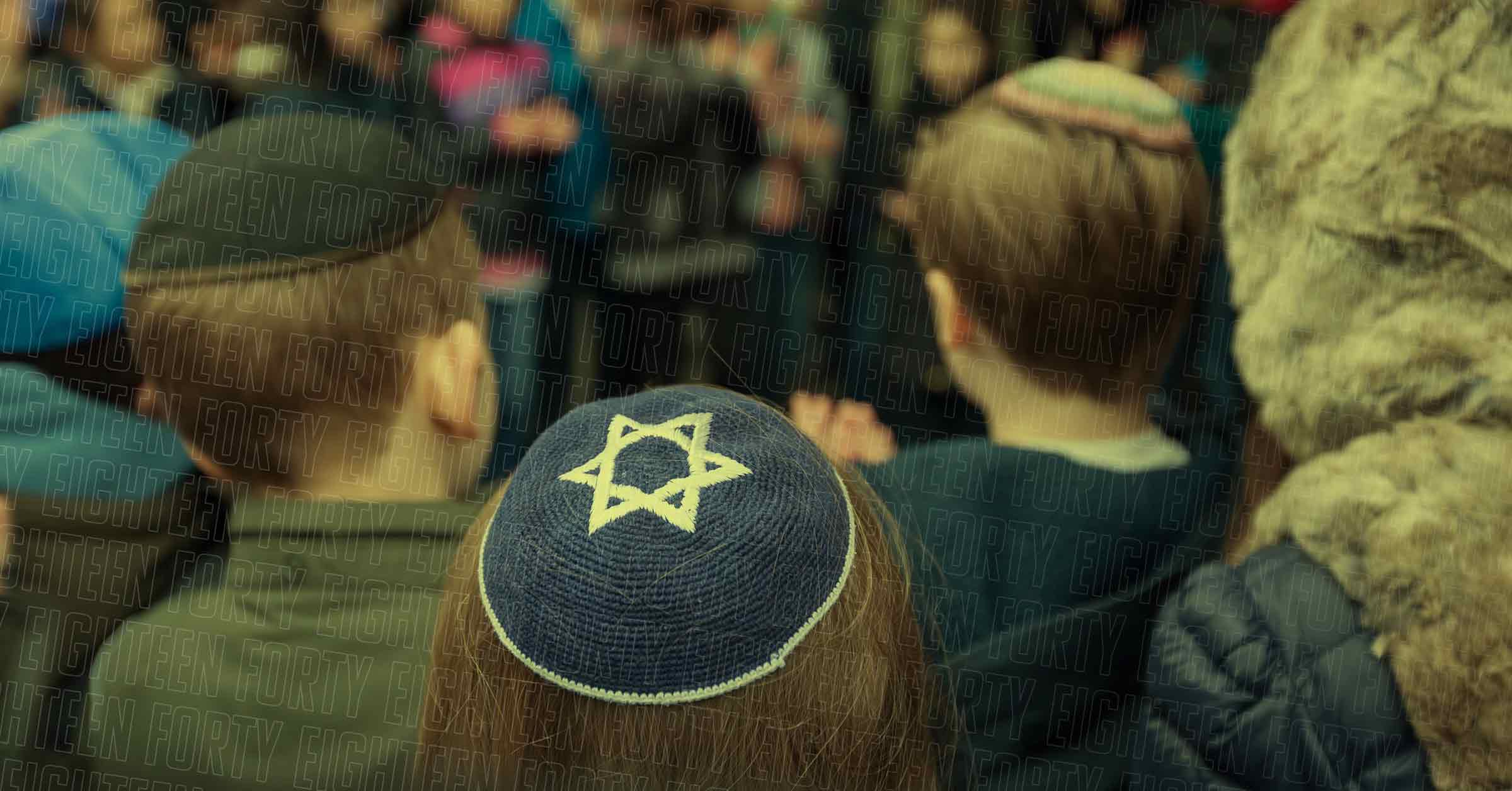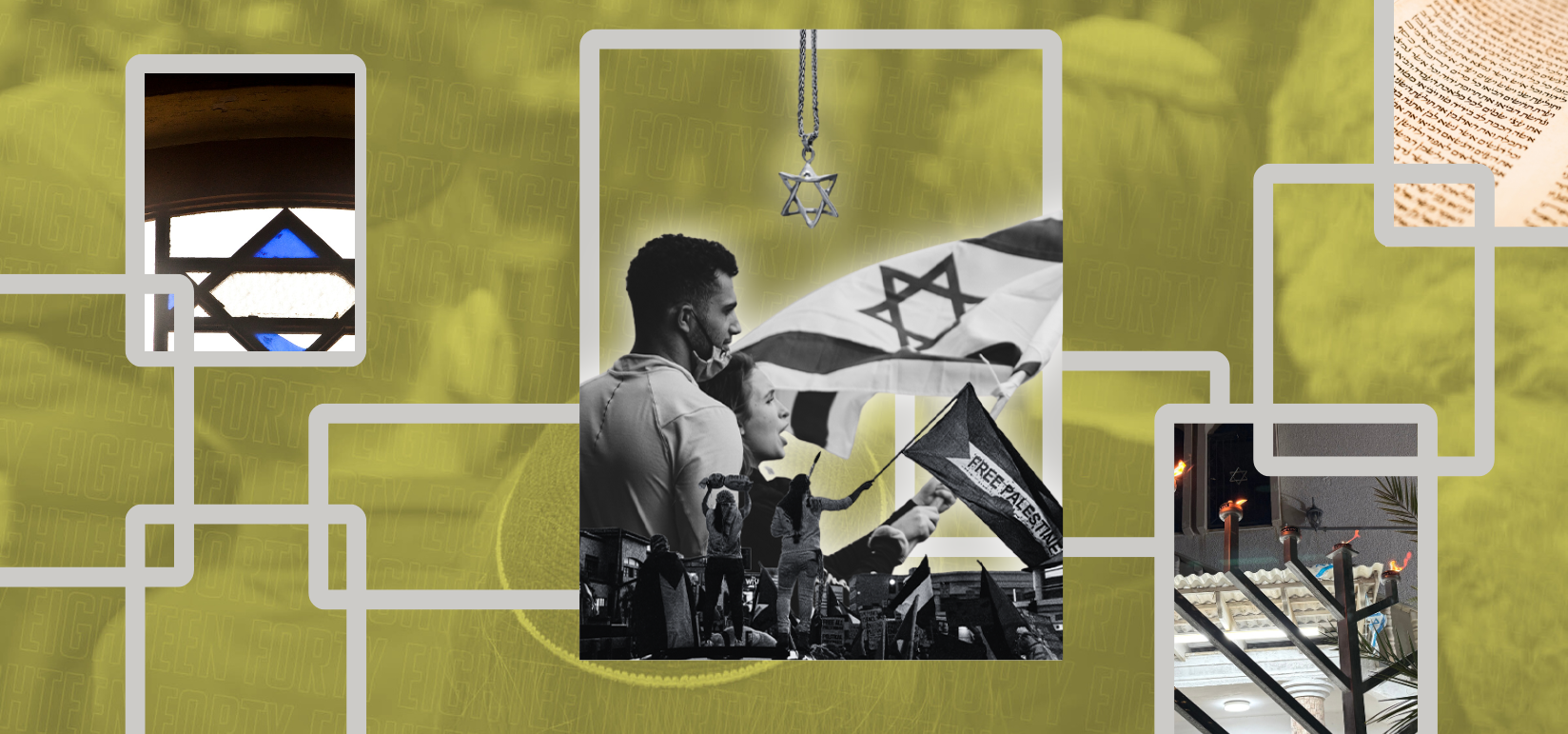What Jewish Denominations Mean to Me
Here’s a question: Why do you affiliate Jewishly the way that you do?…

Here’s a question: Why do you affiliate Jewishly the way that you do?…

In this episode of the 18Forty Podcast, we begin our Denominations series by talking to Zev Eleff—historian, author, and the president of Gratz College—about the development of the denominations of Judaism we have in America today.
In this episode of the 18Forty Podcast, we begin our Denominations series…
In this episode of the 18Forty Podcast, we talk to Rabbi Ammiel…
In this episode of the 18Forty Podcast, we talk to author and historian…
In this episode of the 18Forty Podcast, we talk to Rabbi Adam…
In this episode of the 18Forty Podcast, we follow up with Rabbi…
In this episode of the 18Forty Podcast, we talk to historian and…
We speak with Diana Fersko, senior rabbi of the Village Temple Reform…
Jew vs. Jew is a deeply researched testimony to the ways broad issues pull apart Jewish communities. From a zoning debate in Cleveland to a liturgy war in Los Angeles, Freedman’s Jew vs. Jew is a masterclass in seeing the forest in the trees. Freedman’s insight is honest, judicial, and perhaps even loving. His fidelity is to the ideas that drive change, the values that are revealed by debate, and the community made up of it all. How do the macro debates of American Judaism manifest on a micro level – in shuls, communities, and homes? Read Jew vs. Jew to find out.
How does a Jewish community in a free, open, pluralistic society create a mode of communal group survival that is not just continuing, but beneficial to the individual and broader society? This is the question that drives Karp’s book. Jewish Continuity in America focuses on the three major nodes of American Jewish life: The shul, the rabbinate, and pluralism. Karp considers the ways that America’s Jewish community have worked apart and together, in ways that we often underappreciate.
American Judaism has gone through a significant amount of change over the last century. Although the fundamental faith has remained the same, the way Jews have related to and engaged with this faith has a distinct flavor today, which Jack Wertheimer set out to explore. Wertheimer goes to the front lines of religious observance to find the heart of the contemporary experience of American Judaism, finding in it a story of experimentation, learning, and significant renewing possibility. To more fully understand the story of Judaism in America, you may want to read this work alongside Michael R. Cohen’s The Birth of Conservative Judaism: Solomon Schechter’s Disciples and the Creation of an American Religious Movement, and Sefton D. Temkin’s Creating American Reform Judaism: The Life and Times of Isaac Mayer Wise. These works flesh out the histories of Conservative and Reform Judaism in America, without…
Support Jewish explorations today by supporting 18Forty. Your partnership makes our work possible.
Donate today.

